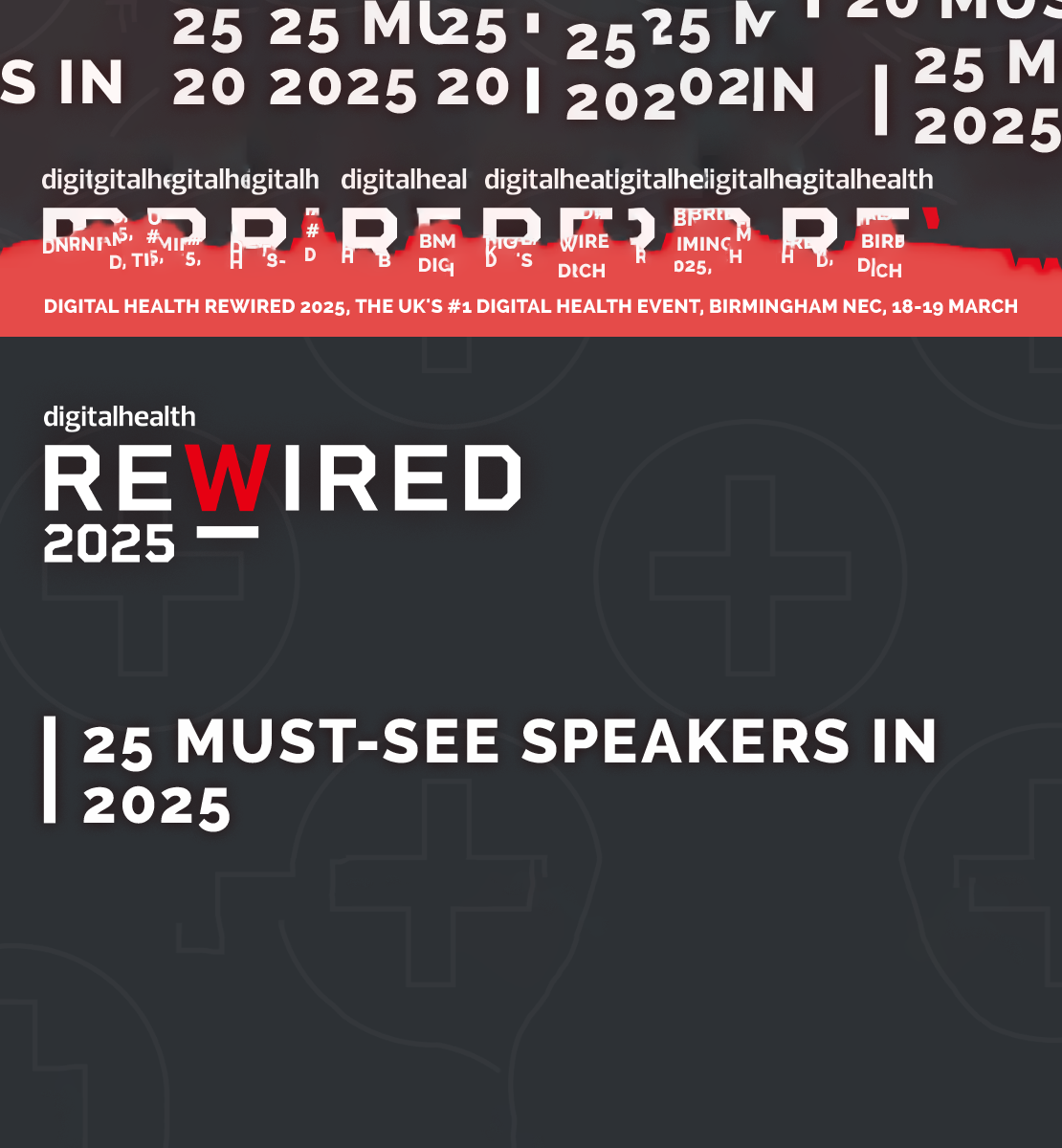Sano Genetics secures £330k grant to support patients at risk of MND

Innovate UK has awarded Sano Genetics a grant of £330k to support the development of a new platform aimed at people who are at risk of the genetic condition motor neurone disease (MND).
Light The Way is to be a free platform for the at-risk families of patients diagnosed with MND. Users will benefit from access to educational resources, peer support and genetic testing and counselling. They will also gain access to opportunities to participate in new research and studies, as well as an approved gene therapy that is available in the US.
At the same time, researchers will aim to quantify the psychological journey that at-risk individuals experience in a move that will help inform policy in the field.
Sano Genetics will use the funding initially to recruit 1,000 participants in the US (where the condition is known as amyotrophic lateral sclerosis – ALS) and UK, with the hopes that up to 200 people will opt in for genetic sequencing.
Once the funding has been exhausted, Sano Genetics intends to develop a pre-competitive consortium of partners to fund the platform’s ongoing development and expansion into multiple countries.
Patrick Short, CEO and co-founder of Sano Genetics, said: “With the recent approval of tofersen for SOD-1 mediated genetic ALS, there is growing interest in the topic of widespread genetic testing for patients diagnosed with ALS but equally important to precision medicine research are those at risk of genetic ALS, including first and second-degree relatives of affected individuals.
“Because it’s such a devastating condition, researchers and healthcare professionals are concerned about the psychological fallout of learning about a genetic predisposition. This is partly why ALS is so severely under-researched from a genetics standpoint.”
Supporting MND research
The platform will use a psychological distress study named Beacon to chart the impact of living with a genetic predisposition to MND. It will quantify the degree of depressed mood, anxious mood, perceived worry about genetic MND, reaction to the return of results, survivor’s guilt among those who test negative for the condition, and any sense of regret experienced after testing.
Over a period of nine months, patients using the platform will self-report how they’re feeling. The results will be compared to a control group of individuals who choose to not go ahead with genetic testing or opted not to receive their results. Comparisons will be drawn on the experiences of those who test positive, who test negative and those with variants of uncertain significance.
Sano Genetics hope that the platform will brighten the outlook for those who engage with the platform, while at the same time provide hard data to inform future policy and care.
Sally Hughes, acting director of care improvement, at MND Association, said: “We believe genetic testing, alongside genetic counselling, should be offered to people diagnosed with MND, and also those with a family history of the disease even if they don’t have symptoms. This could allow for personalised treatment programmes in the future and for genetic information to be considered by those intending to have children.”
She continued: “Genetic testing is a big step, not just for the individual but potentially for family members too, and the Light the Way project has an important role in helping us understand the psychological impact. The funding for this project has the potential to be part of the solution to MND genetic testing challenges.”
Sano Genetics, a Cambridge-based company on a mission to accelerate precision medicine research, has also secured Innovate funding this year, in conjunction with Somerset NHS Foundation Trust and Predictive Health Intelligence. The £800k funding is to be used for developing and testing a system that can identify high-risk liver disease cases





2 Comments
Typo alert:
” is known as amyotrophic lateral sclerosis – AML)”
–> should be ‘ALS).’
As AML is Acute Myeloid Leukemia.
Thanks Lynn, this has been amended.
Comments are closed.